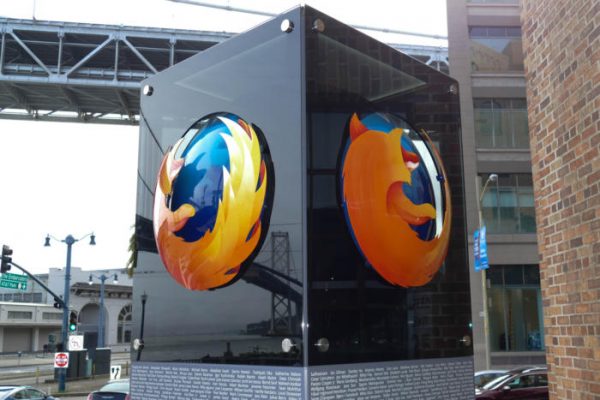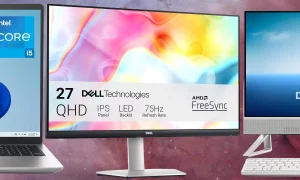Mozilla scraps Firefox’s ‘Aurora’ dev track

Mozilla today announced it would drop one of Firefox’s preview tracks that have let customers test early versions of the browser before wider deployment.
Companies running Firefox, and testing the browser using the “Aurora” track, will be automatically migrated to the “Beta” channel today.
“It became clear that Aurora was not meeting our expectations as a first stabilization channel,” wrote Dave Camp, director of engineering for Firefox; Sylvestre Ledru, the browser’s release manager; and Ali Spivak, head of developer marketing, in a post to a Mozilla blog.
Mozilla has offered multiple versions of each Firefox edition since 2011, when it began offering four builds — Nightly, Aurora, Beta and Release — each of which was supposed to be more stable than the previous.
“We have more modern processes underlying our [release] train model, and believe we can deliver feature-rich, stable products without the additional 6-8-week Aurora phase,” said Camp, Ledru and Spivak.
In that “train” approach, Mozilla added a new feature to the least stable version, Developer, then when the feature was ready, moved it to the next track, Aurora. As development progressed, the feature would shift to Beta and then finally to Release.
But Mozilla acknowledged that the system had sometimes failed. “The release cycle time has required that we subvert the model regularly over the years by uplifting new features to meet market requirements,” the company admitted in an accompanying FAQ, referring to times when it has had to skip one of the tracks or shorten the time a feature spent on one.
Firefox users on the Aurora channel were to be moved to Beta today, according to the FAQ. Aurora will not be updated after tomorrow, when Firefox 53 is to ship in final, or Release, form.
With Aurora’s disappearance, Mozilla will rely on Beta for the first widespread distribution of each edition of Firefox. To make up for Aurora’s absence, each beta will be rolled out in stages, just as Release has long been, with the idea that if major problems crop up, they do so early on and thus affect only a subset of customers before the spigot is turned off.
Aurora’s elimination will not increase the frequency of Release builds issued or decrease the time between each Release version; the latter will continue to range from six to nine weeks. Nor will the already-slated dates for future versions of Firefox ESR (Extended Support Release) change. That edition, designed for enterprises and other large organizations, remains stable for approximately a year. Much like Windows 10’s LTSB (Long-term Servicing Branch), ESR receives only security updates.
Ditching Aurora, however, will let Mozilla move a new feature from inception to final about six to eight weeks faster than before.











